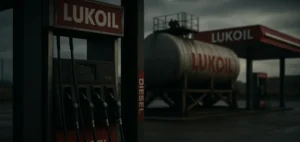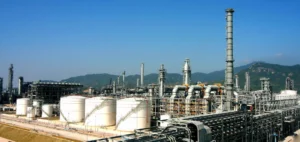Oil prices rose significantly following the Fed’s decision not to raise interest rates. Brent North Sea crude for January delivery rose 1.39% to $85.81 a barrel, while West Texas Intermediate (WTI) for December delivery gained 1.49% to $81.64 a barrel.
Outlook for U.S. oil demand
Analysts at Energi Danmark explained that this increase was due to the Fed’s decision not to raise interest rates, which reassured the markets. The Fed’s decision to maintain the status quo for the second time in a row is designed to support economic activity and avoid a recession.
This news could have a positive impact on oil demand in the United States, the world’s largest oil consumer. Indeed, interest rate hikes to combat inflation tend to slow the economy, which can reduce demand for oil.
DNB analysts noted that “the Fed has hinted that it may be finished raising interest rates”, which could be beneficial for oil demand.
Tensions in the Middle East and their potential impact
However, it should be noted that the previous day, the price of WTI had reached its lowest level in over two months at $80.30 a barrel. Some experts believe that the US economy remains solid, which could lead to further interest rate hikes.
PVM’s Tamas Varga stated that “the conviction that a further rate hike remains plausible has strengthened”, but he also stressed that monetary tightening could have negative consequences.
Meanwhile, Mirabaud analyst John Plassard noted that investors are keeping a close eye on the situation in the Middle East, particularly the tensions between Israel and Hamas. Although worries about crude oil supply have diminished, they are still present.
In short, the Fed’s decision to maintain interest rates has led to a rise in oil prices. However, the future remains uncertain, with differing opinions as to the long-term impact on the economy and demand for oil.





















